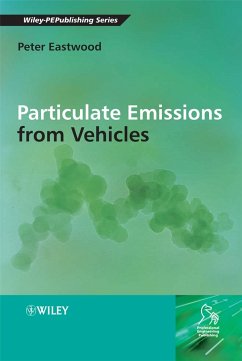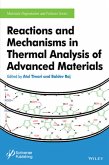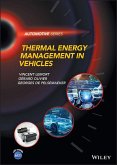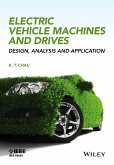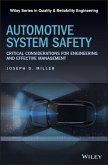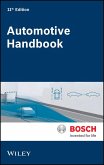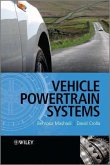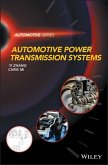The public health risks posed by automotive particulate emissions are well known. Such particles are sufficiently small to reach the deepest regions of the lungs; and moreover act as carriers for many potentially toxic substances. Historically, diesel engines have been singled out in this regard, but recent research shows the need to consider particulate emissions from gasoline engines as well. Already implicated in more than one respiratory disease, the strongest evidence in recent times points to particle-mediated cardiovascular disorders (strokes and heart attacks). Accordingly, legislation limiting particulate emissions is becoming increasingly stringent, placing great pressure on the automotive industry to produce cleaner vehicles - pressure only heightened by the ever-increasing number of cars on our roads. Particulate Emissions from Vehicles addresses a field of increased international interest and research activity; discusses the impact of new legislation globally on the automotive industry; and explains new ways of measuring particle size, number and composition that are currently under development. The expert analysis and summary of the state-of-the-art, which encompasses the key areas of combustion performance, measurement techniques and toxicology, will appeal to R&D practitioners and engineers working in the automotive industry and related mechanical fields, as well as postgraduate students and researchers of engine technology, air pollution and life/ environmental science. The public health aspects will also appeal to the biomedical research community.
Dieser Download kann aus rechtlichen Gründen nur mit Rechnungsadresse in A, B, BG, CY, CZ, D, DK, EW, E, FIN, F, GR, HR, H, IRL, I, LT, L, LR, M, NL, PL, P, R, S, SLO, SK ausgeliefert werden.

